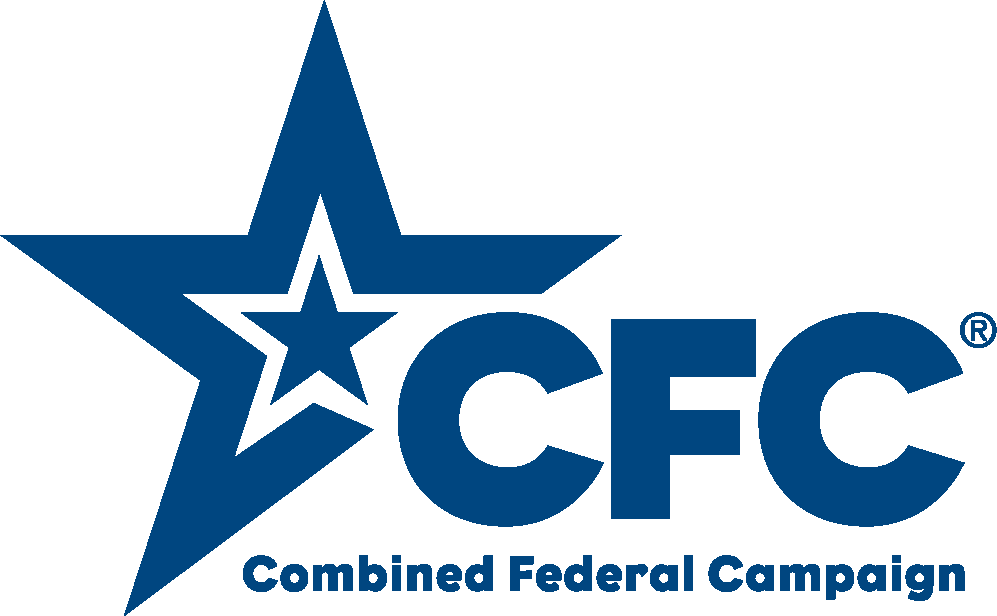
See below for JUFJ’s testimony on the Montgomery County FY26 Operating budget. JUFJer Jo Shifrin wrote this testimony in support of funding restorative justice and housing.
My name is Jo Shifrin. I live in Bethesda, in County District 1. I am giving this testimony on behalf of Jews United for Justice, which organizes more than 2,000 Jews and allies across Montgomery County to advocate for social, economic, and racial justice.
In Jewish tradition, we are taught that no community is complete without meeting its residents’ core spiritual and physical needs. The Jewish value, Dei Machsoro, calls for making sure that everyone has resources sufficient for their needs. We believe that a budget is a moral document that should reflect those needs. Programs that address the needs for health, housing, food access, economic security, education, safety, and the general well-being of County residents and workers must be protected in this year’s budget.
We are joining with our partners at MCEA, SEIU Local 500, Racial Justice NOW!, and the Decriminalize Montgomery County Campaign, which includes Silver Spring Justice Coalition, American Civil Liberties Union (ACLU) of Maryland, Poor People’s Campaign, and Young People for Progress (YPP), in calling for:
- Fully funding the Montgomery County Public School (MCPS) budget as proposed by the Board of Education
- Holding MCPS accountable for ensuring funding is directed toward preventive, student-centered measures, like restorative justice programs, led by specially-trained educators who understand restorative approaches to the issues faced by students
- JUFJ supports County Executive Elrich’s proposed 3.5 cent property tax rate increase that is needed to fully fund MCPS
We are joining with our partners at Housing Justice Montgomery, which includes Shepherd’s Table, Everyday Canvassing, CASA, and MoCo DSA in calling for:
- Investing in eviction prevention, long-term housing support, and disability retrofitting for our neighbors who are renting but at imminent risk of eviction, who are currently unhoused and/or living in shelters, and those living with disabling conditions
The following is more detailed information about these budget priorities:
FUNDING MCPS’s FY26 BUDGET & RESTORATIVE APPROACHES
We urge the County to fully fund the Board of Education’s MCPS FY26 budget recommendations to honor union contracts and meet students’ educational, social, and emotional needs while creating a safe environment. The increase in MCPS funding is especially important to ensure special education programs are sufficiently funded and staffed. We know that the size of this budget will require increased revenue, which is why we support the County Executive’s proposed increase to the property tax rate.
To ensure schools provide a safe environment that emphasizes the values of respect, kindness, and responsibility, MCPS must commit to restorative approaches. Restorative approaches are a set of practices that allow people to hold one another accountable, resolve conflicts, and repair harm. It is still a disciplinary process, but it doesn’t mete out harsh or unfair punishments. Of the 878 MCPS restorative justice service calls in the 2022-23 school year, 710 (81%) did not repeat the violation.
As part of fully funding MCPS, we urge the County Council to use its oversight responsibilities to hold MCPS accountable in creating a culture based on restorative approaches, with sufficient full-time staff, robust training, and clear guidelines.
We are deeply concerned that some people are calling for increased police presence in schools and weapons detection systems. These are reactive and fear-driven solutions that create the illusion of safety but do not get at the heart of the problems that students face. Preventive measures, such as restorative approaches, will alleviate the need for police presence and weapons detectors, because changing the culture of the schools will change the behavior of students.
This past February, the restorative approaches unit reported that restorative practices had reduced suspensions of Black students by 20% and reduced repeat disciplinary incidents by 79%. Mature restorative approaches programs take time and sufficient funds to develop, and they are a far better way of approaching students’ needs for feeling safe and being able to thrive in their schools.
INVESTING IN EVICTION PREVENTION AND HOUSING STABILITY
We have failed to create sufficient infrastructure to prevent renters in Montgomery County from losing their homes, and to help those experiencing homelessness to move into stable and long-term housing. Alongside our partners at Housing Justice Montgomery, a community made up of over 160 residents experiencing housing instability, as well as allied community members, we urge the Montgomery County Council to allocate the following funds to ensure that every single resident has the resources they need to live with dignified housing.
-
- Rental Assistance: No one should be left without a home because they cannot afford skyrocketing rents. And in Montgomery County, the need is so great. We would need $50 million to ensure that all 4,723 households in Montgomery County who requested assistance last year could receive an average grant of $10,581. We did not have those funds available, so many of those families were evicted, resulting in families losing their possessions, children needing to change schools, individuals and families being placed in shelters, and some living on the streets. In a challenging budget year, we urge the County Council to maintain the approximately $1.9 million for emergency rental assistance in the proposed budget, and to find ways to increase those funds in this and future budget cycles.
- Rapid Rehousing: Rapid Rehousing provides short-term case management and rental assistance to individuals experiencing homelessness. We appreciate the $4 million in the proposed budget, but we know that almost $9.5 million is needed to cover the costs of housing an estimated 642 current clients and 200 new clients in 2026, so there are enough resources to fund everyone’s exit out of homelessness.
- Permanent Supportive Housing: For our neighbors with chronic health conditions and disabilities, housing is healthcare. Yet, too many are left without the long-term support they need. Permanent Supportive Housing has proven to be one of the most successful ways to ensure that our most vulnerable chronically unhoused neighbors move into dignified housing and avoid returning to our overburdened shelter system. We urge the Council to move forward with the $13.4 million in the proposed budget to support both current clients and new individuals who are in need of heightened support to permanently exit homelessness.
- Moving Assistance and Storage: If as a community we are not proactively addressing all the housing struggles of our residents, at the very least we must support individuals as they transition to new housing. We are urging the Council to add $2.4 million to the budget to provide families and individuals 6 months of moving and storage assistance to be able to recover from their evictions and restart their lives.
- Disability Retrofitting: No one should be forced to risk injury just to enter or exit their own home. Many apartment complexes in the County remain inaccessible, leaving disabled residents to navigate unsafe conditions daily. We are calling for $150,000 to fund retrofits through nonprofits like Rebuilding Together, ensuring that all residents can live with dignity and safety.
We respectfully urge the Council to pass a budget that reflects the values of safety, security, and accessibility for everyone who lives in Montgomery County. Thank you.




